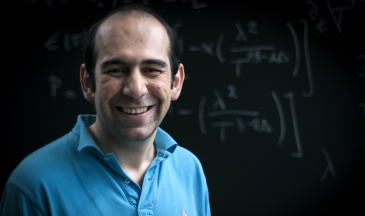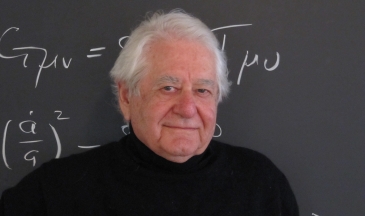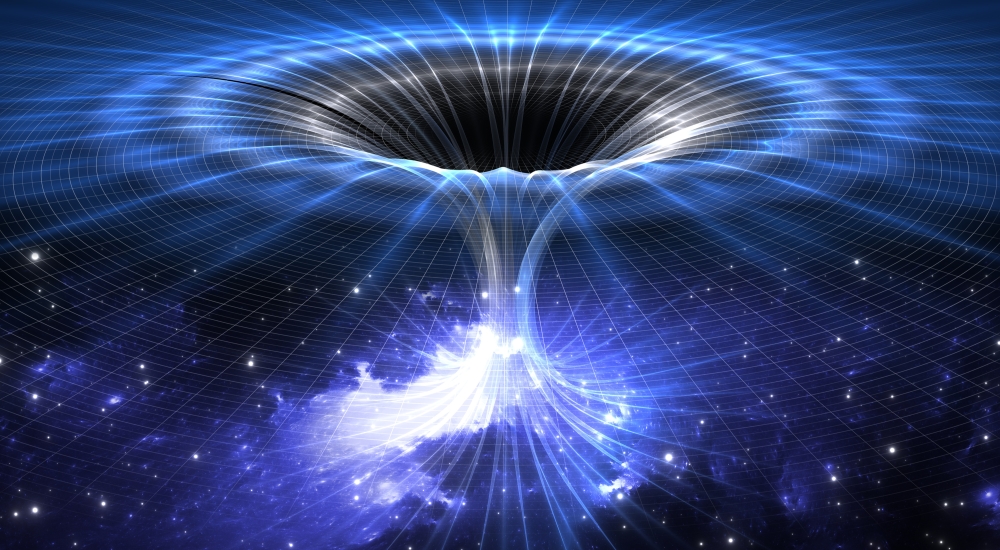Gravity is one of the fundamental forces of nature. It is responsible for triggering some of the most spectacularly energetic astrophysical events, and creating mysterious phenomena like black holes. Einstein's theory of general relativity provides our best description so far of gravitational interactions. We know, however, that general relativity is incomplete.
Novel theoretical ideas, together with ambitious observational efforts, are being pursued to provide alternative theories and to test the ways in which general relativity should be modified. The ideal regime for such testing involves the strongest gravitational fields, such as those around black holes and neutron stars, but this realm has traditionally been inaccessible.
This situation is changing rapidly, thanks to great technological advancements, including the detection of gravitational waves, the development of the Event Horizon Telescope, and a vast array of astrophysical surveys. PI researchers work on all these fronts at the theoretical front and are closely related to observational efforts.
Strongly gravitating systems are also related, through holography and the AdS/CFT correspondence, to the behaviour of conformal field theories, and provide a complementary way to describe systems in particularly relevant regimes.
Strong gravity researchers
-

-
Luis Lehner
Research Faculty
Perimeter Research Chair
Carlo Fidani Rainer Weiss Chair in Theoretical PhysicsStrong GravityOther -
Luis Lehner
Research Faculty
Perimeter Research Chair
Carlo Fidani Rainer Weiss Chair in Theoretical PhysicsStrong GravityOther -

-

-

-

John Moffat
Research Associate
Senior Research AffiliateCosmologyParticle PhysicsQuantum GravityStrong Gravity -

-

